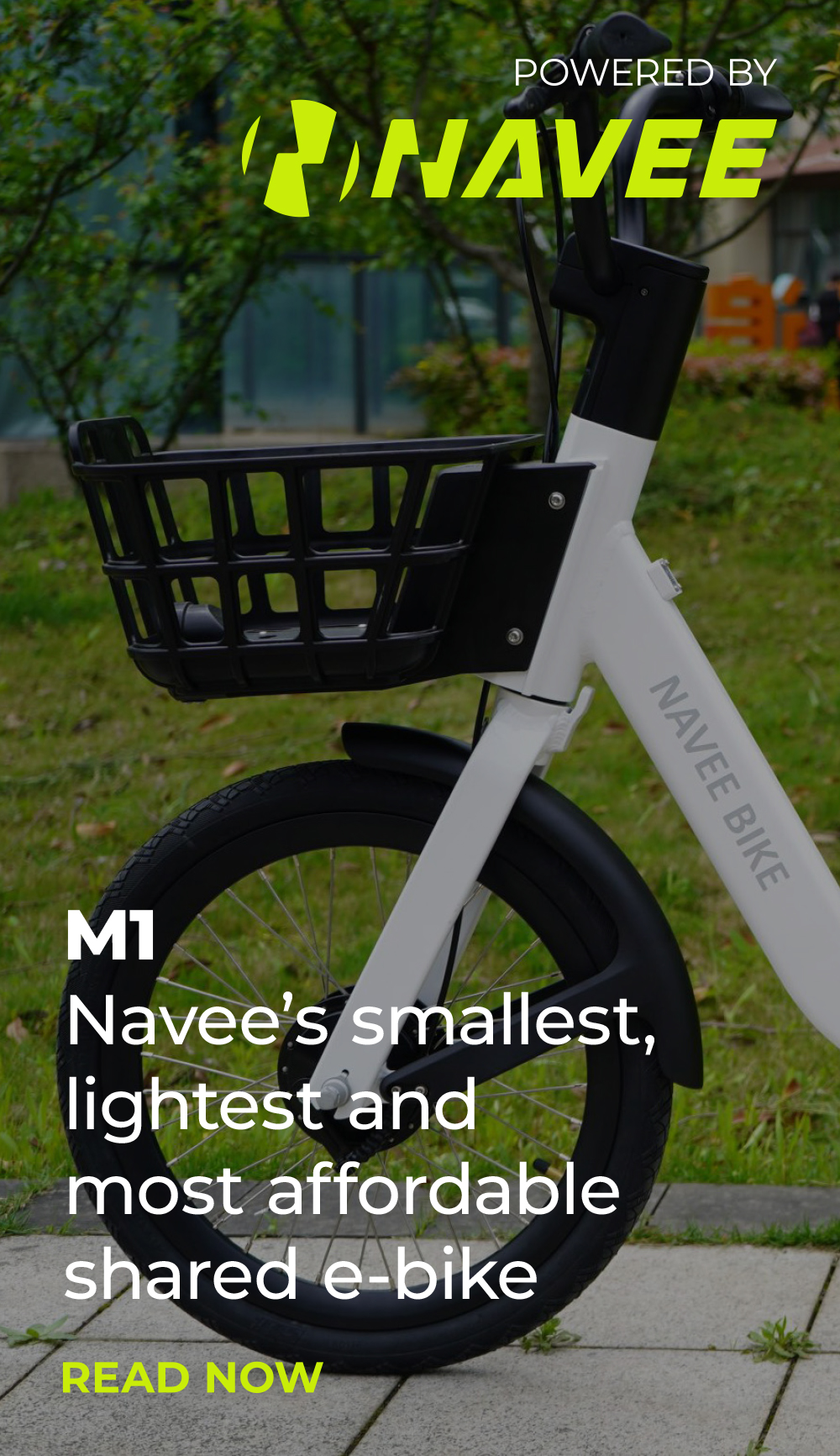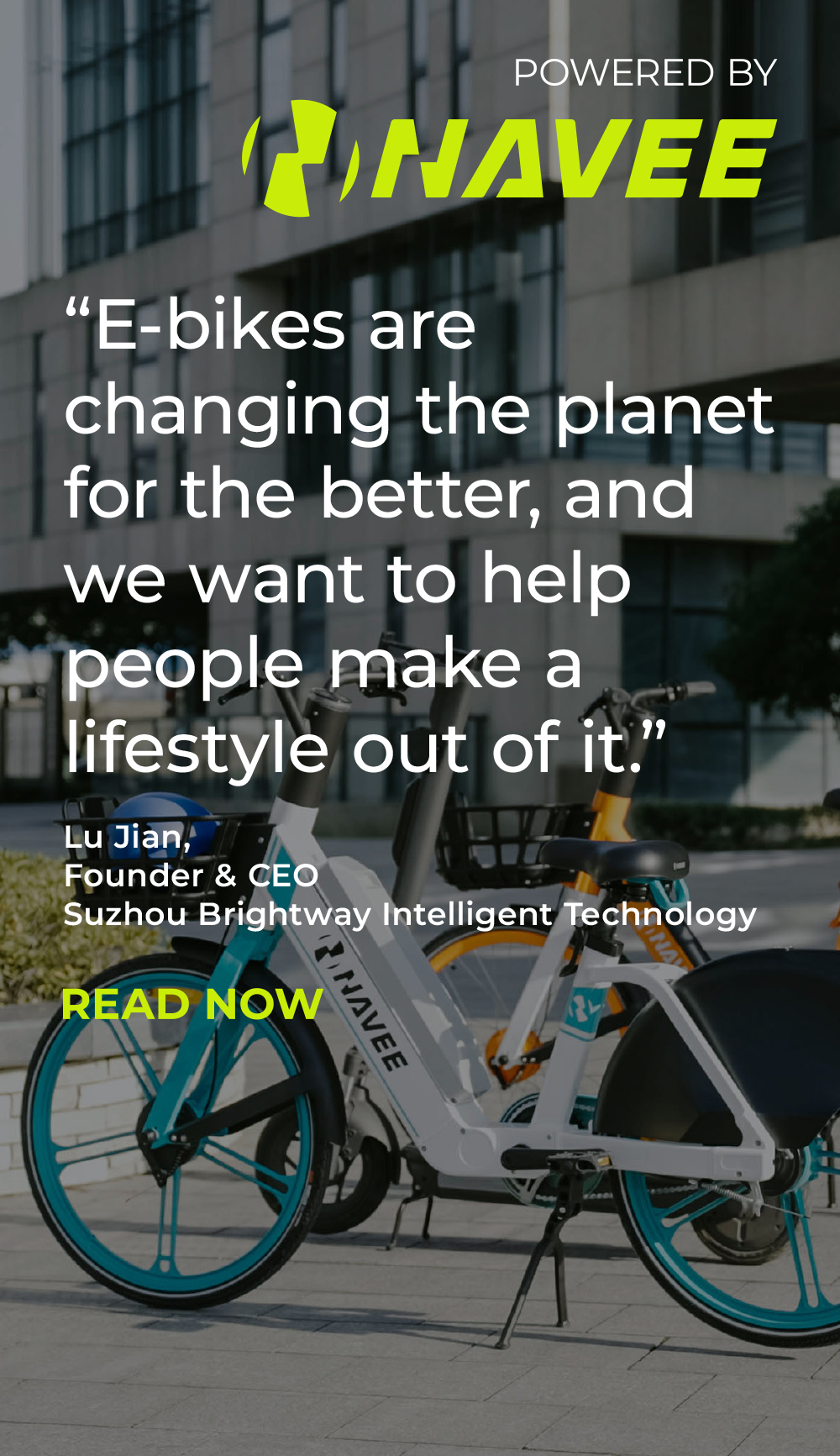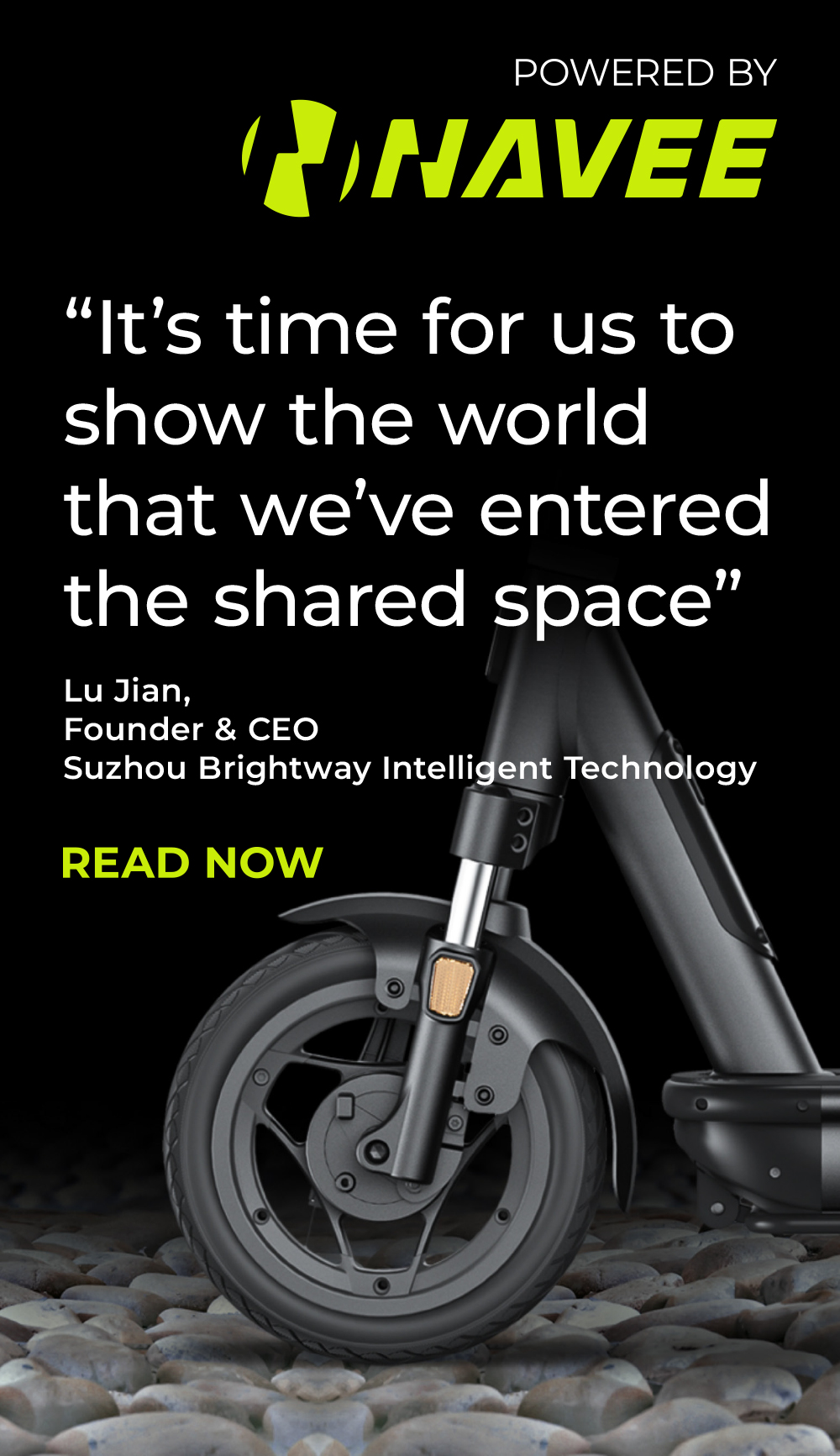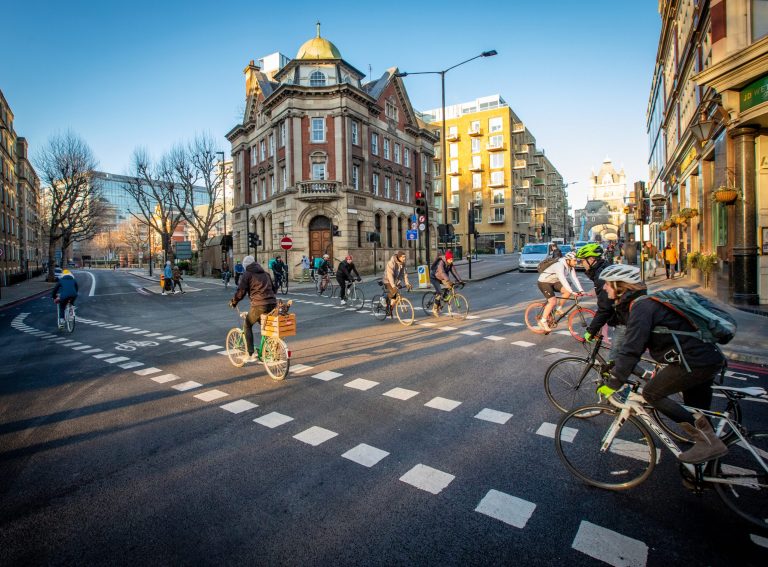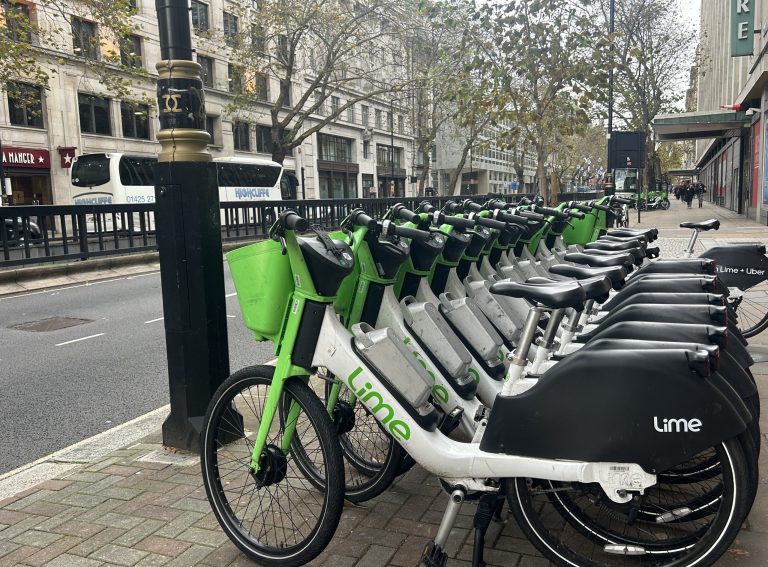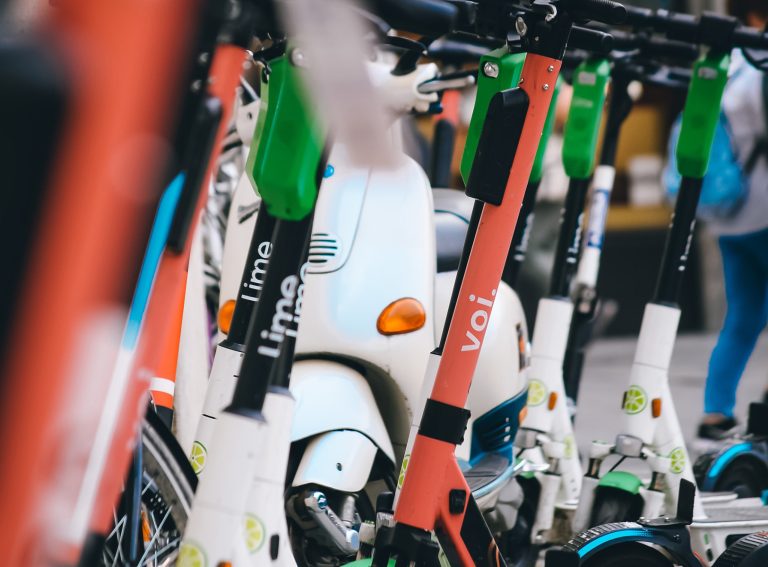Residents based in the Brussels Capital Region are to be paid up to €900 to ditch their cars for less carbon-intensive forms of transport.
This is part of a revamped sustainable mobility bonus called ‘Bruxell’air’ designed to strengthen the fight against air pollution generated by car traffic.
“The objective of this bonus is to encourage motorists in Brussels to give up their car in favour of means of travel that are more respectful of the environment: public transport, cycling, walking and carsharing.”
It is up to the recipient to decide what they spend the money on. Some ideas include bicycle equipment, a one-year public transport subscription or a subscription for a bike-sharing service.
Bruxell’air launched back in 2006. The original idea has not changed, with the primary intention being to “improve the quality of the air we breathe while calming our city and fighting congestion,” said Alain Maron, Brussels’ Minister for Climate Transition and the Environment.
What has changed is that the bonus has almost doubled from €500 to €900.
Another amendment is that the city’s environmental authorities will now be responsible for the programme.
They will also have to manage fraud as there have been cases of people reinstating their car registration after receiving the funds.
To date, the bonus has had moderate success. In 2018, 900 people were given the bonus. Then in 2019 this figure increased to 1,200 and in 2020, 1,049 people got the bonus.
Last year the scheme was being restructured and was also suspended for a few months so less applications were submitted.
Who can receive the full €900 Bruxell’air bonus
The amount someone gets is dependent on their yearly income. Anyone earning below €37,000 a year or who has a disability gets the full €900.
If you earn between €37,000 and €75,100, the premium drops to €700. Those who earn more than €75,100 are entitled to a €500 bonus.
Commenting on the changes, Maron said: “This reform of the Bruxell’air bonus is an important tool to encourage a transport shift in Brussels.
“By quadrupling its budget and ensuring that it pays special attention to disadvantaged households and people with reduced mobility, we want to enable all the city’s inhabitants to gradually make the transition to more sustainable mobility.”
Other initiatives which incentivise residents to stop driving privately owned vehicles, include the French government’s updated scrappage scheme. This “provides owners of old, polluting cars with a grant of up to €2,500 for the purchase of electric bicycles when scrapping their vehicle.”
In the UK this week, campaigners at Bike Is Best urged ministers to consider an e-bike subsidy after discovering that such bikes could bring £2bn in health benefits and save a million tonnes of CO2 a year.

